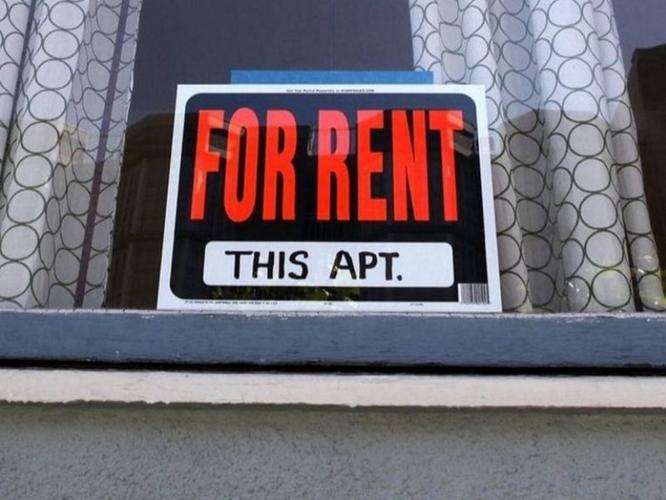HUDSON — The Columbia Economic Development Corp. assembled an Affordable Housing Development Task Force and named Chris Brown the new housing development coordinator Wednesday.
Columbia County Board of Supervisors Chairman Matt Murell appointed a 12-member task force consisting of housing professionals as an advisory board, which in turn will consist of housing professionals and people who work in housing.
The advisory board met for the first time Wednesday and spoke about the importance of housing affordability and availability throughout the county.
Brown, the new housing development coordinator, has a wealth of knowledge, Murell said.
“Before accepting this position, he worked in Sarasota, Florida, as a senior planner, a planning technician in the city of Troy and the director of operations of the Troy Community Land Bank,” Murell said. “He also has a bachelor’s degree from the University of Albany.”
“He has tremendous experience, and we’re very fortunate to have him fill the position,” Columbia Economic Development Corporation President and CEO F. Michael Tucker said.
Brown said he sees his position as one of direction and support.
“I’m driving the bus but the task force and the advisory board are driving the map on where we want to go,” Brown said. “I would love it if we can make the zoning as housing-friendly as possible. There’s a movement out there called ‘Community Not Commodity’ in the real estate market that says every parcel in your community is on sale to the highest bidder all the time. That’s just how real estate works. I’ve had friends buy a house for $250,000, and in a week they had people showing up with suitcases full of money offering them a 50% increase on what they just purchased. That’s how the private market works.”
Community Not Commodity backs land development policies that support community values over developer profits. It aims to build a strong, geographically diverse, multicultural coalition across Hudson to promote the public interest and policies to improve the lives of everyone.
Each member of the task force responded to three short questions to get a sense of what they wanted to see the task force do, rather than having instructions come down from the top. The consensus from the members is that they want to improve existing infrastructure, keep affordable housing in Hudson, develop a tool-planning kit for emergency housing, create more home ownership and affordable housing as part of subdivisions.
Affordable Housing is based on household income, affordable housing shouldn’t exceed 30% of household income. Households paying more than 30% of their income may not be able to afford other important budget items like food, clothing, healthcare, and transportation. There are so many impediments to affordable housing in Hudson. Hindrances such as community opposition, cost of development, labor cost, high land cost, regulatory restrictions including approval process, shrinking federal state, and local financial incentives, maintenance expense, and infrastructure.











